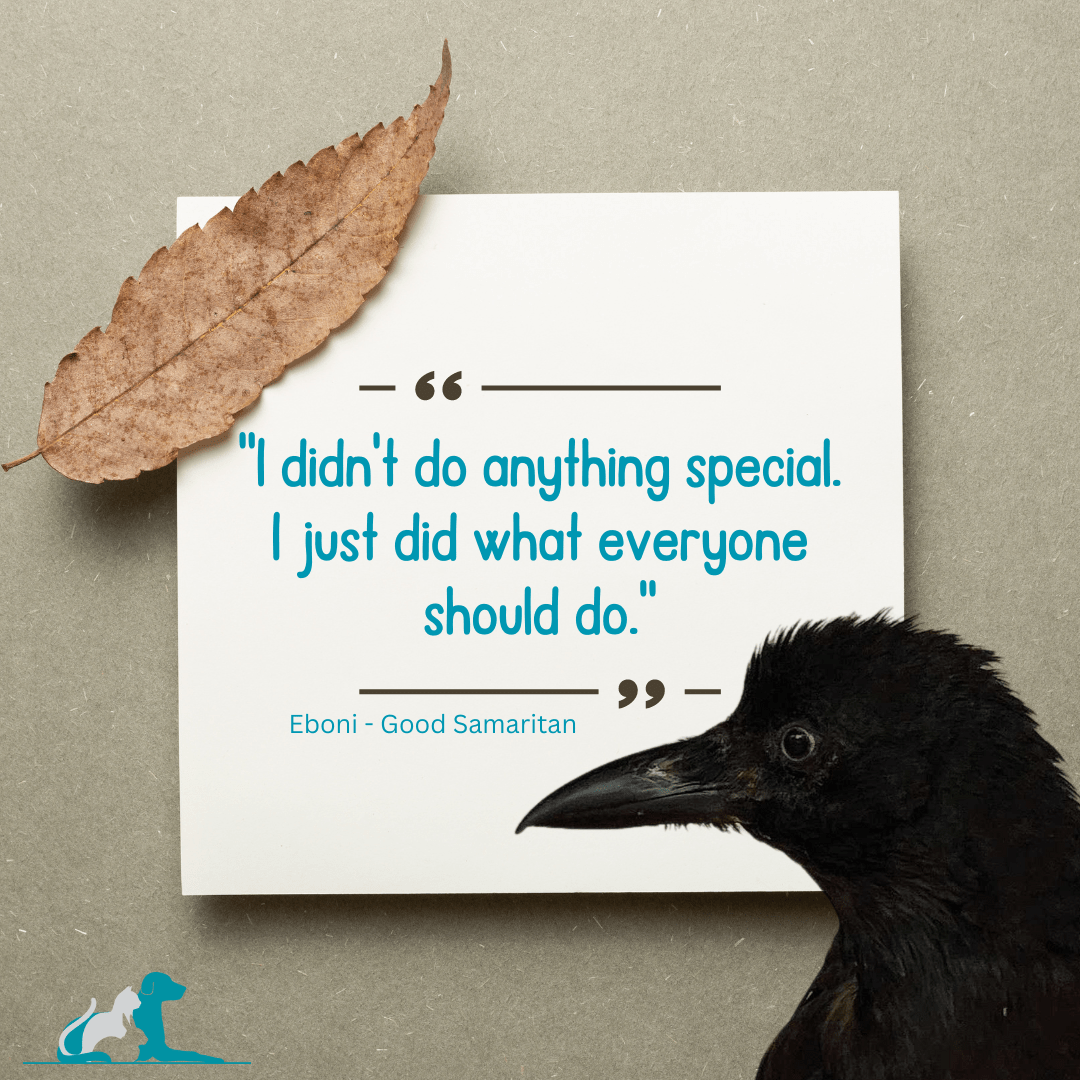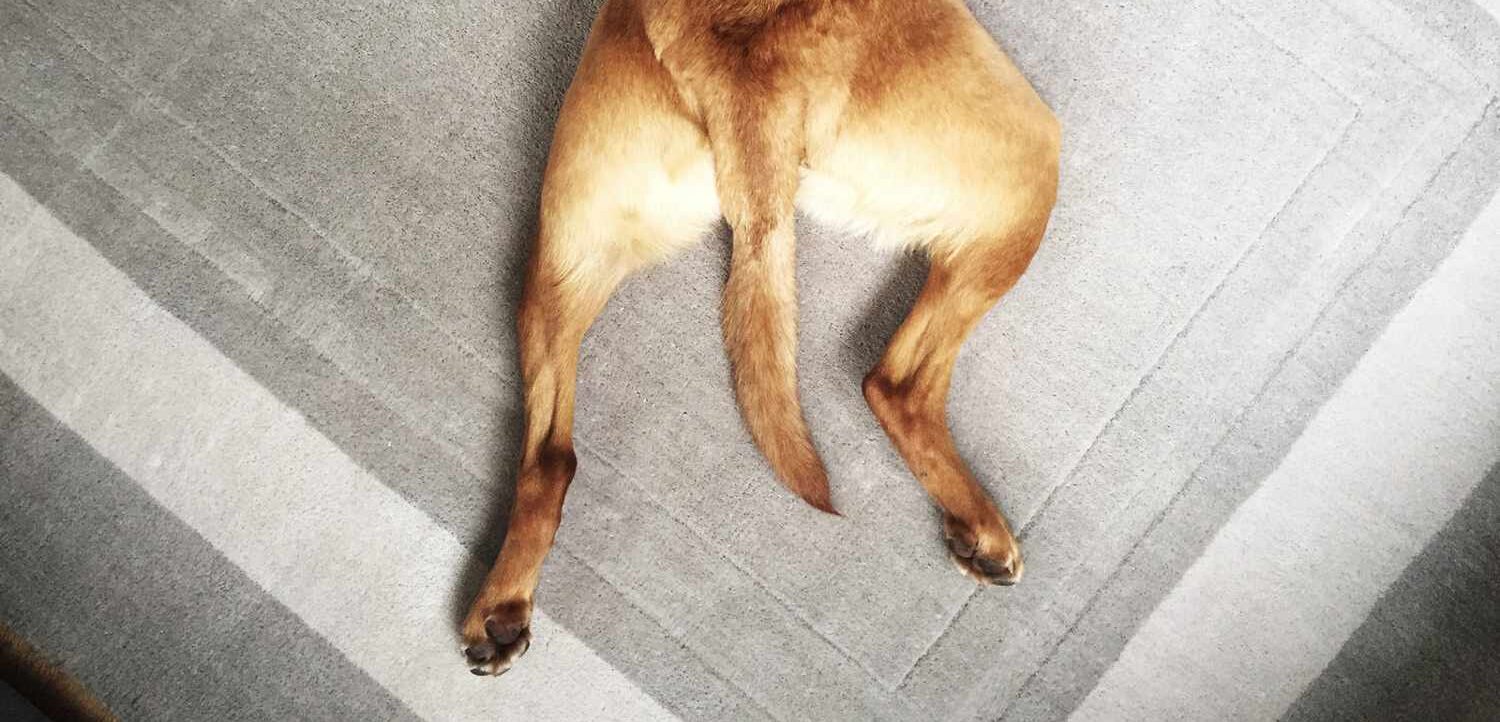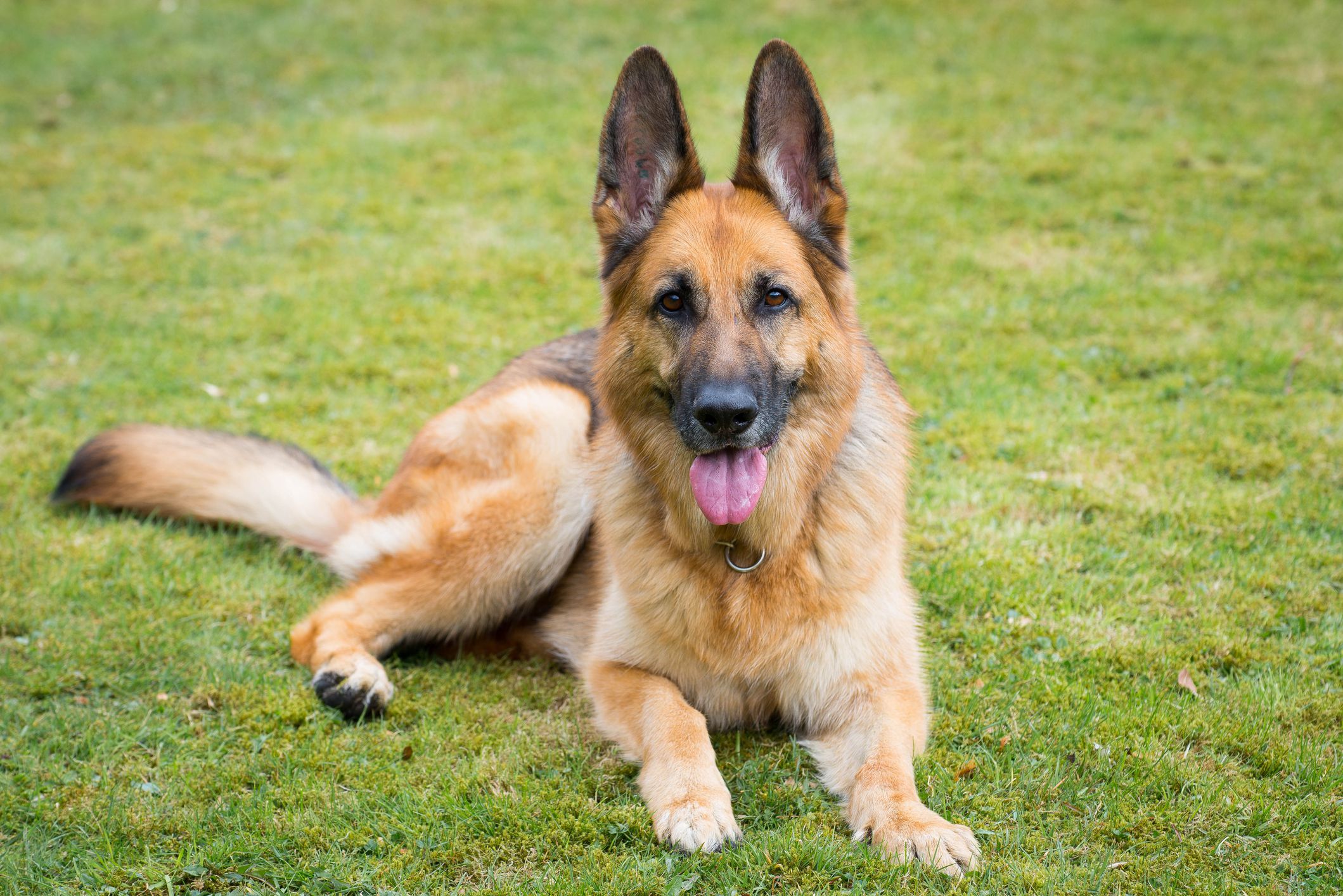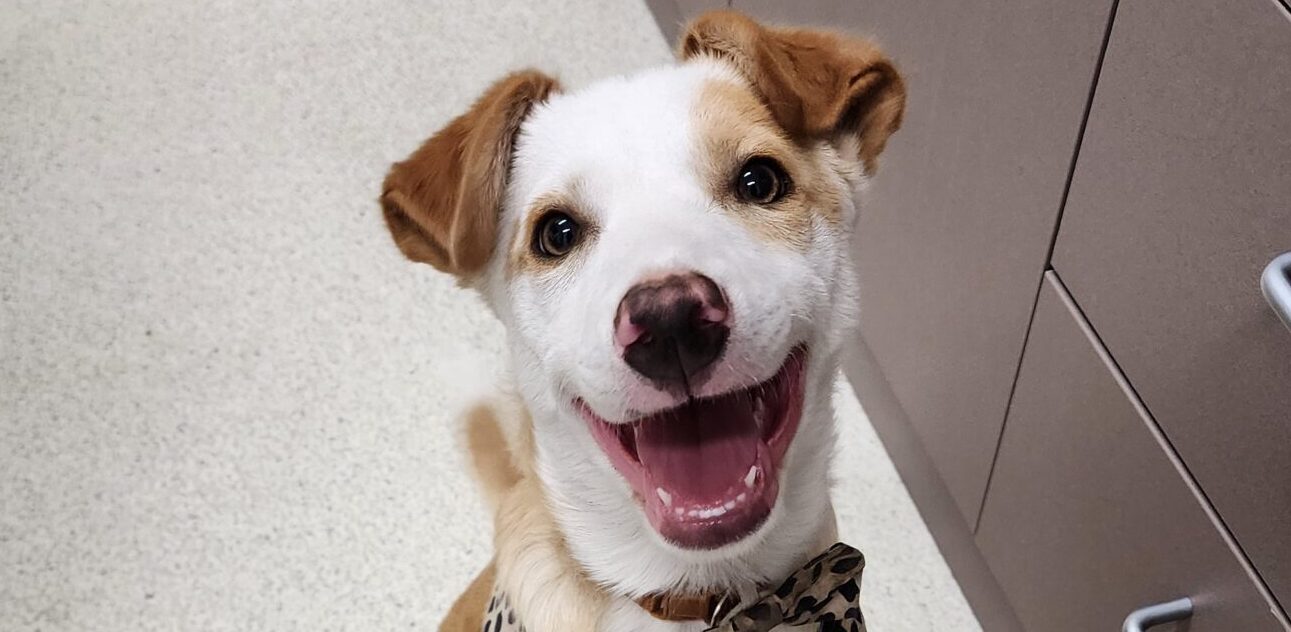Visits to the vet can stir an array of emotions. We may be excited to come and show off our new puppy, nervous about an unusual lump we’ve found on our cat or stressed because our fur baby is sick and may need to be admitted into hospital. But our emotions aren’t the only ones we need to think about.
Our pets have emotions too and they display their emotions through body language.
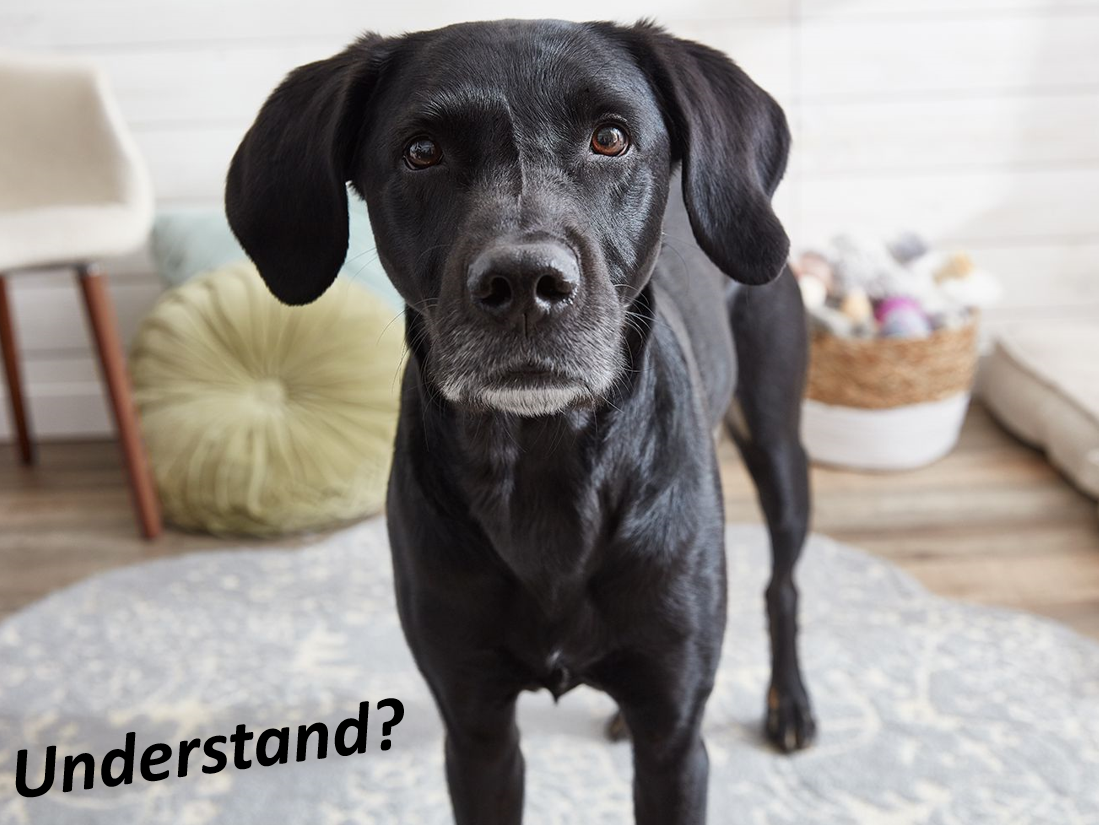
Some pets become known as the ‘wiggly bums’.
These pets are happy to meet & greet every one!
Others are known as the ‘shy’ or ‘timid’.
These unsure furkids tend to hide behind mum or dad and while they are often curious and want to say hi, they may feel a little unsure. They can often be tempted by a treat or after time spent building trust.
Then there are the ‘anxious’ and ‘overly nervous’ pets.
Often frozen in fear, these guys need their own space and time to build their trust.
And of course there are pets who struggle to regulate their emotions so much that they may require medication. Others may unfortunately have to ‘pretend they’re going to a masquerade ball’ and wear a semi-fashionable muzzle. These pets may be labelled as a ‘care’ pet due to their potential to be ‘aggressive’. We don’t hold this against them! Labels simply help to identify how to approach a pet and allows a person to behave appropriately around them.
 So many emotions, so many behaviours. If only they could speak to us right??
So many emotions, so many behaviours. If only they could speak to us right??
Well! In actual fact, they are!!
Our pets speak to us in a silent language by using their bodies. Our pets are actually excellent in showing us how they’re feeling and letting us know what they feel is acceptable or not – we just need to know how to read them!
 Did you know stress and anxiety in pets can be triggered when they first leave home?
Did you know stress and anxiety in pets can be triggered when they first leave home?
For cats in particular, the minute the carrier comes out of the cupboard they know something is up! You’d be surprised by how many phone calls we get just minutes before an appointment from a worried pet owner whose cat has disappeared the moment it saw its carrier!
Some signs of stress in our pets may not be so obvious. Dogs for example, may begin to pant when buckled into the car despite the temperature being a typical Melbourne, 10 degrees. This can be a sign of feeling unsure or nervous.
Check out the below picture. Does your dog display any of these facial expressions when they’re going somewhere new?
Some stressors in pets may derive from fear rather than anxiety and may be helped through a process called desensitisation or repetitive exposure.
This kind of training is harder to achieve in a clinic environment, as coming to the vet clinic every day isn’t exactly viable! But it is important when coming to the vet, that you reduce your pet’s stress in the lead up to their visit and that you are also reading your pets body language once they arrive. Sometimes visits to the vet are unavoidable and may be required in a hurry so working on building your pet’s ability to be comfortable early is critical.
If your pet is fearful or unsure when coming to the vet due to the unknowns such as a new environment, new people, new smells etc, we can improve this behaviour with lots of positive reinforcement and making their visit as calm as possible.
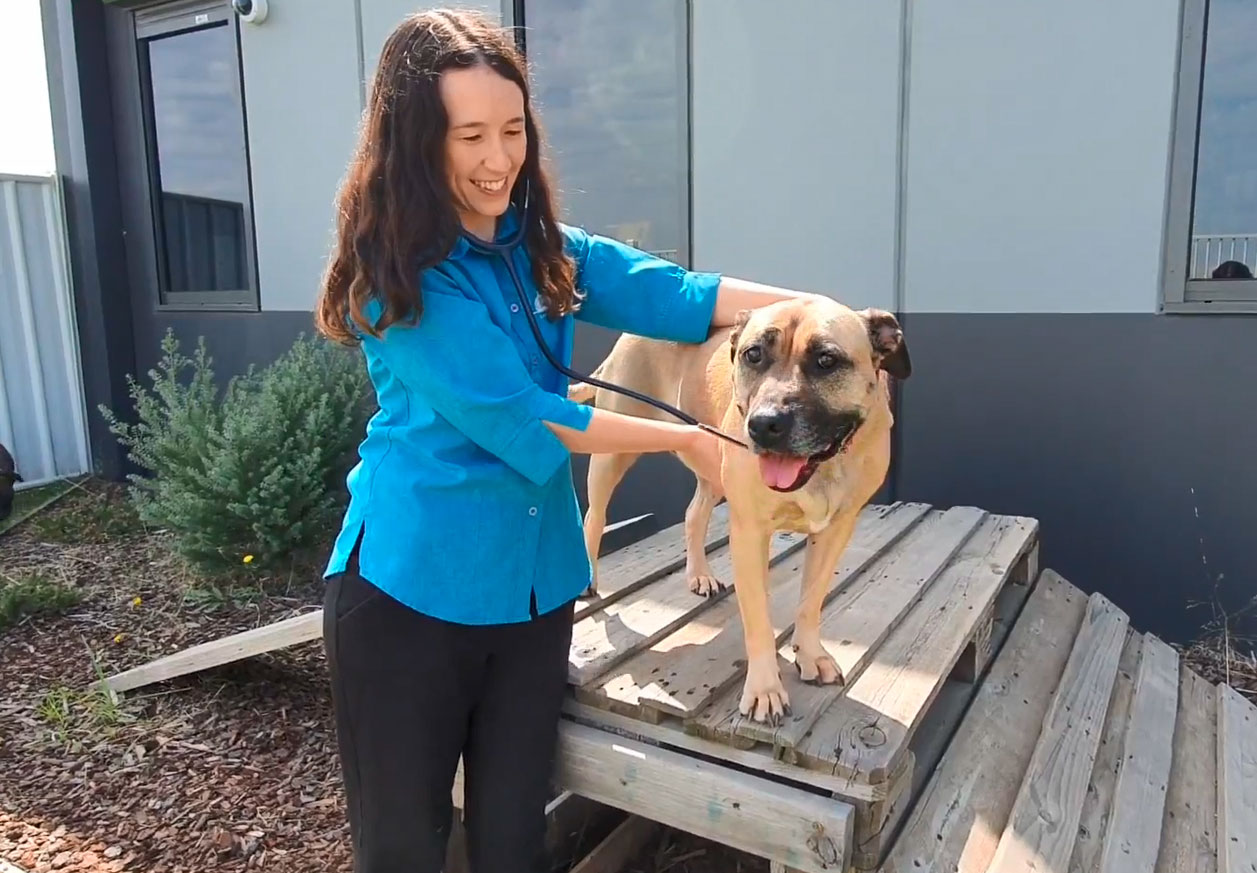
This is probably a good time to talk about dog parks. We’re all for dogs playing together, having fun but dog parks can be scary places for our canine friends when their parents and people around them don’t know how to read canine behaviour. Unfortunately not all dogs belong at a dog park.
The image above shows some behaviours that may be seen at a dog park. The behaviours displayed on the right are normal, happy dog behaviours. The ones on the left however, should be seen as a warning that a dog is not happy and needs to leave immediately before an altercation occurs. These dogs are talking to us, we just need to listen with our eyes.
What about cats?
Well unlike dogs, cats can’t be let lose to run around a playground! Instead here at Lynbrook Vet we often have a dedicated room set aside ready for their arrival. We spray Feliway (a type of calming, pheromone spray) and offer towels to cover their carrier to avoid them seeing too many pets or people, reducing their fear of being away from home.
Reading feline behaviour is so important in being able to examine and gain a cat’s trust. The above image helps show some of the language our feline friends share with us. Did you know cats don’t meow to each other but instead meow just for us? The cat’s meow has been adapted for humans to say hello to us, to ask us for things or to tell us when something is wrong.
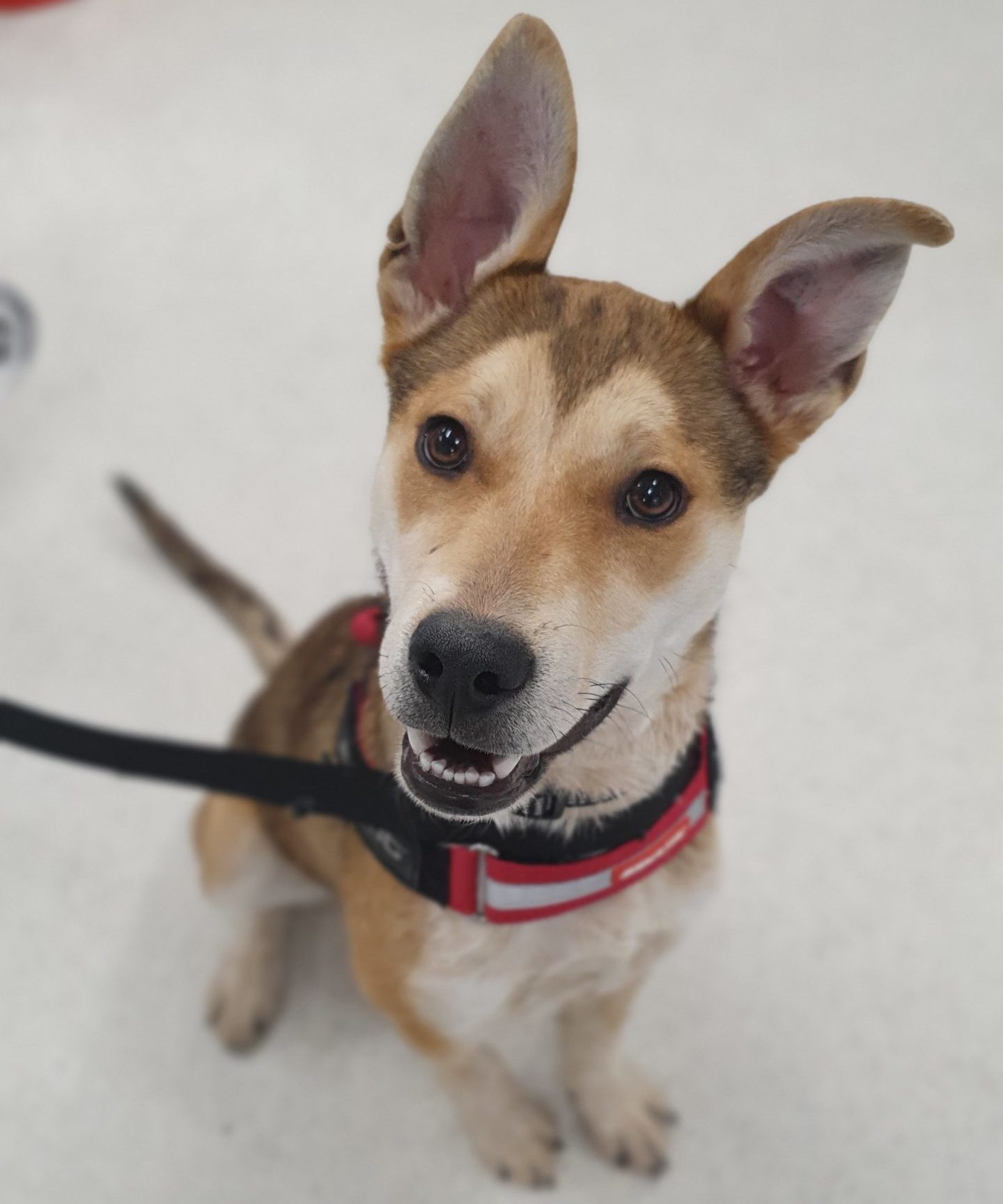
Reading an animal’s body language and understanding their acceptable boundaries will help keep new experiences as fear free as possible. Subtle movements in a pet’s body including tail movements, facial expressions and changes in their coat in areas such as the hackles, can give you a good idea of how an animal may be feeling. Body language can also help us as vets perform detailed exams as they can display pain and discomfort through their body language too, since they can’t speak to us in English afterall!
 Did you know some breeds may have unique characteristics?
Did you know some breeds may have unique characteristics?
For example, Dalmatians and Golden Retrievers are known to ‘smile’. Check out the dalmatian in the photo below. To the untrained eye, this dalmatian may be labelled as being aggressive, right? Well! In actual fact, he is just smiling!
From this static picture, you can see how easy it would be to assume this dalmatian was angry and snarling and in the moment, a person who is not familiar to the breed may be a little intimidated. But behind the picture for those able to read an animal’s body language, in that moment you would actually notice other signs that would allow you to know that this dalmatian was quite the opposite, and was indeed super friendly.
In the moment, you would see this dalmatian wiggling his bum from side-to-side, occasionally dropping into a play-bow, tail wagging, not growling and maybe sneezing (Their classic smile lifts their nose up high; they often have a sneeze!).
So when you put all that together, what do you get? A happy and excited dog!
A picture can tell a thousand words but they can’t tell you the whole story.
Judging behaviour not only requires us to understand our pet’s body language, but also requires us to be aware of their surrounding environment. Being aware of what is happening around your pet is important in being able to understand why they may be acting a certain way and gives you the opportunity to remove any stimulus that may be inciting fear.
Positive reinforcement is key to keeping our pets happy and helping them learn when something new and scary is actually, ok!
Positive reinforcement could be as simple as telling your pet how amazing they are in a happy, up-beat tone or by giving them one of their favourite treats or toys and some reassuring pats! This repeated action song with repeated exposure to unfamiliar environments, along with good experiences will help reduce your pet’s fear and anxiety and will allow them to enjoy the experience with you.
Click here to find out more on positive reinforcement.

Between you, your vet and maybe a pet trainer who specialises in behaviour, the correct method of treatment for your anxious pet can be discussed. When booking an appointment with your vet about your pet’s behaviour, it is important to request an extended consultation. There is a lot of information your vet needs to gather, not only from what you tell them but also by listening to your pet and reading their body language.
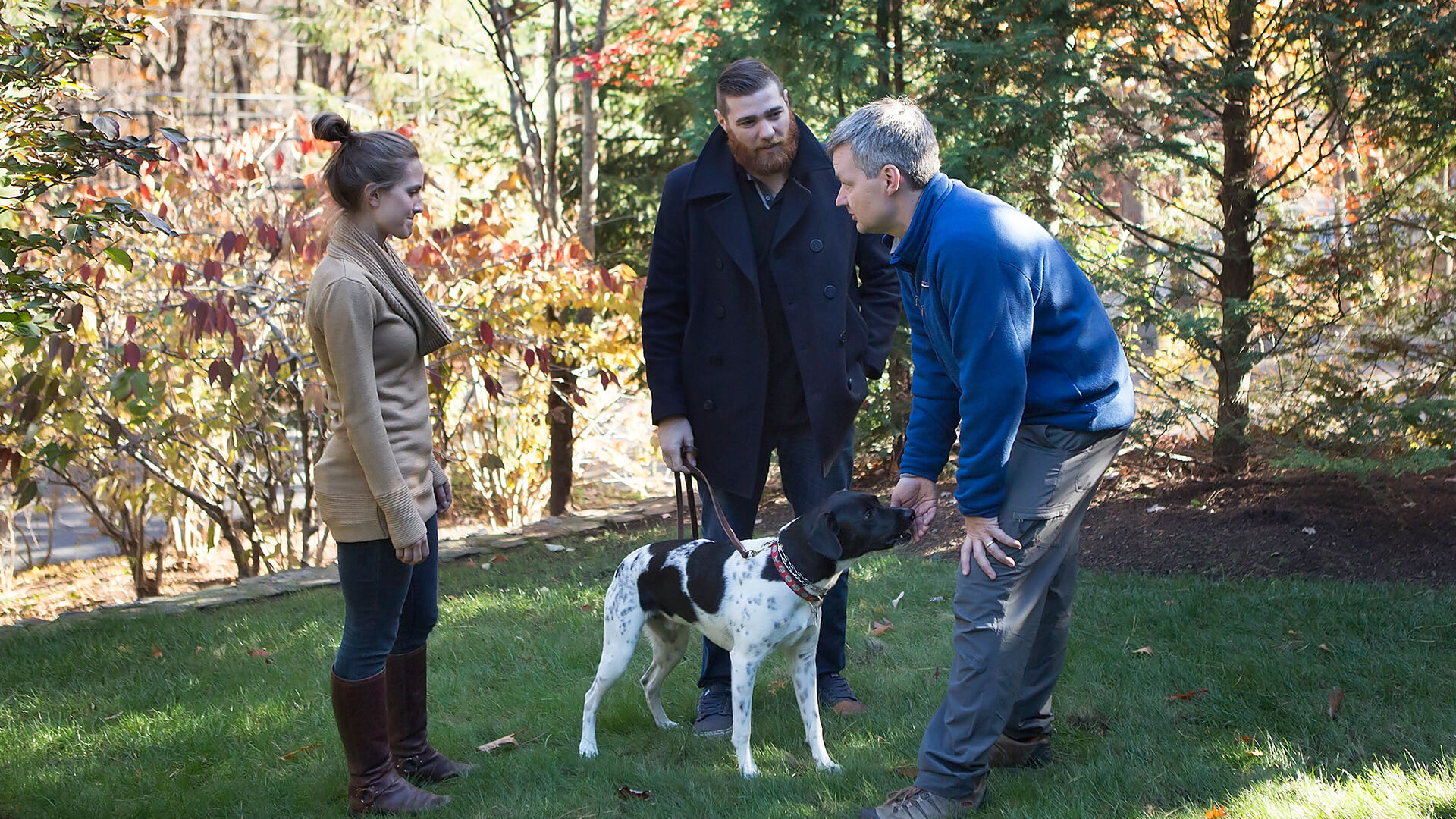
For more information, give us a call on (03) 8373 0301.
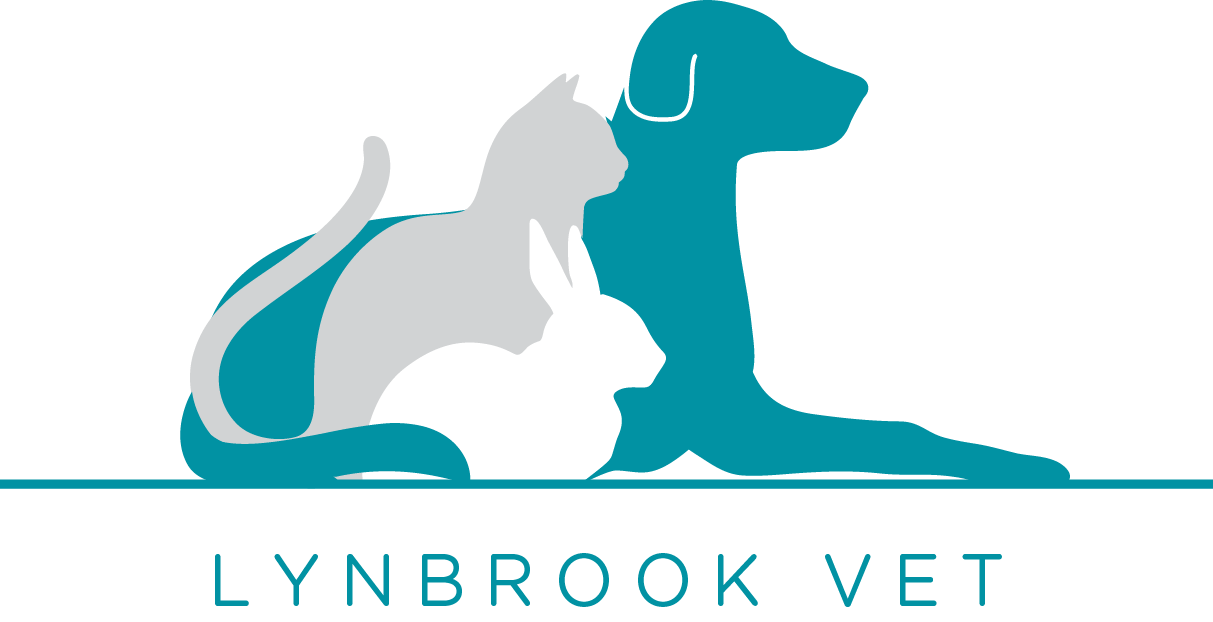
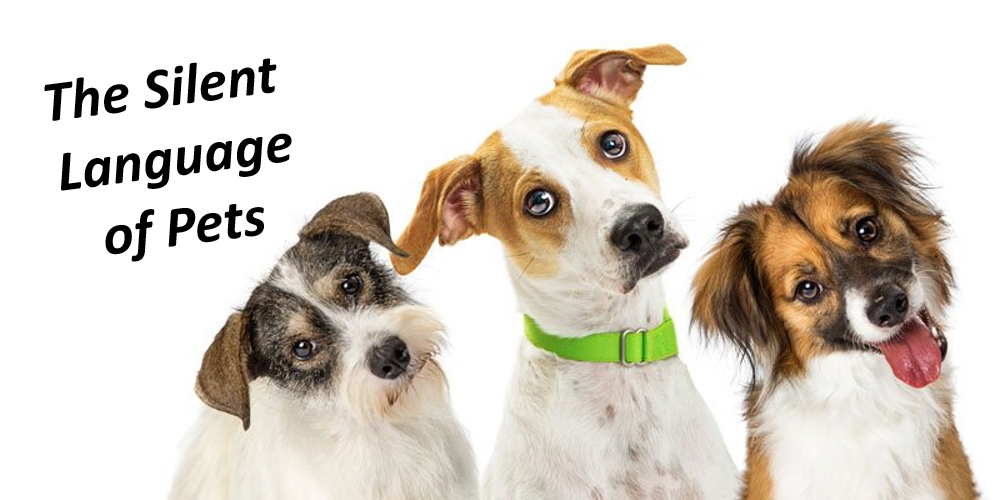
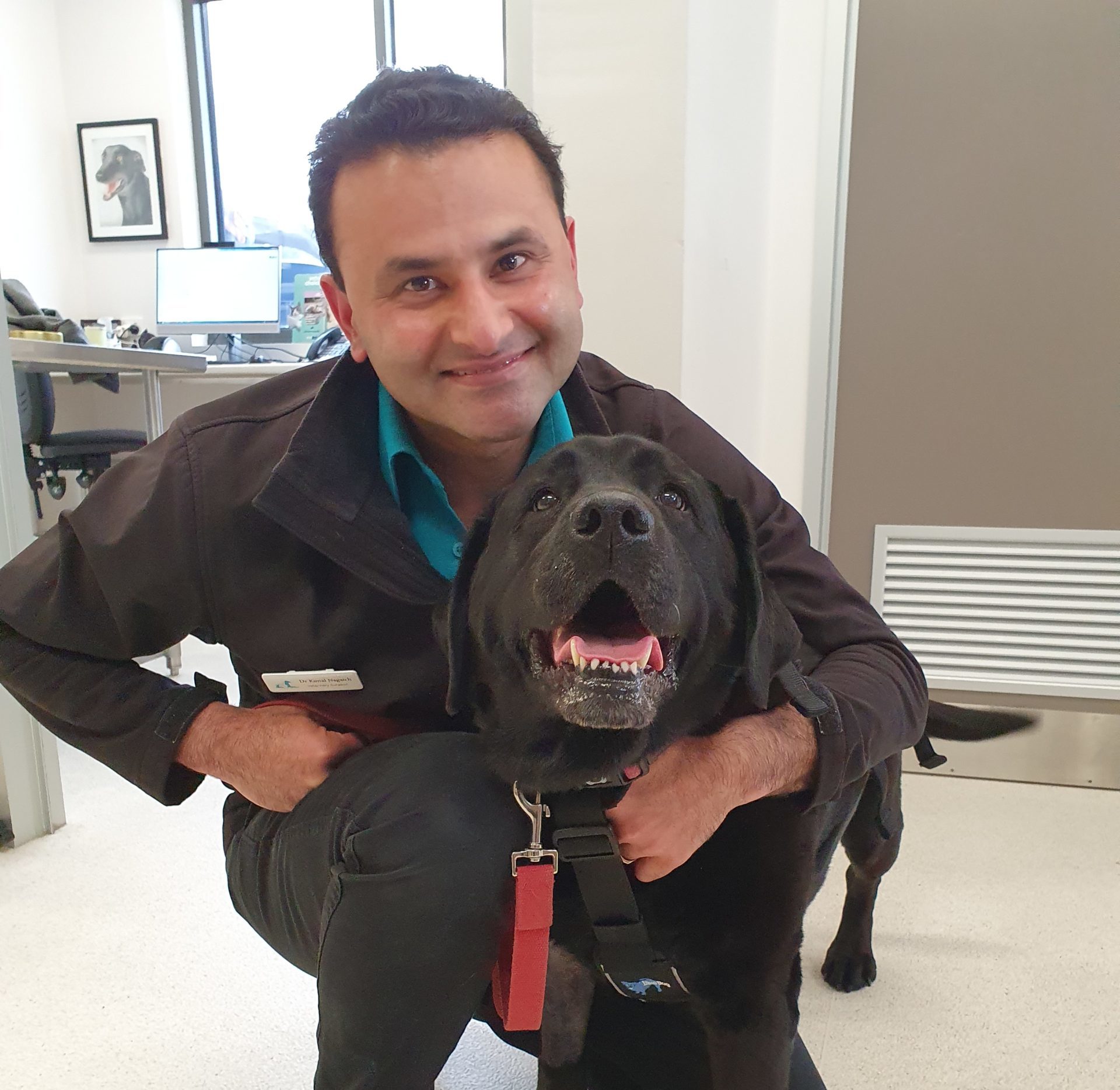
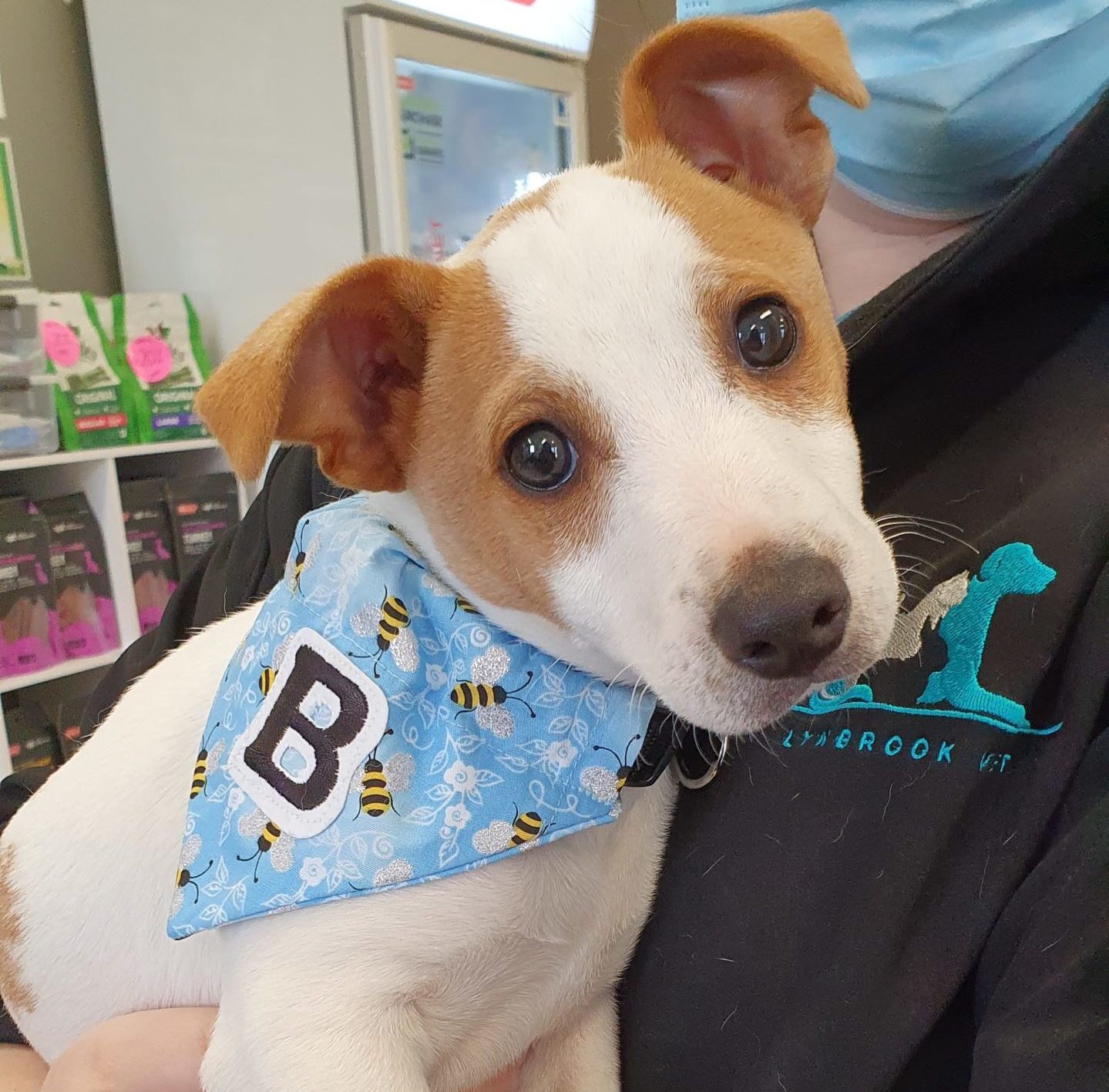
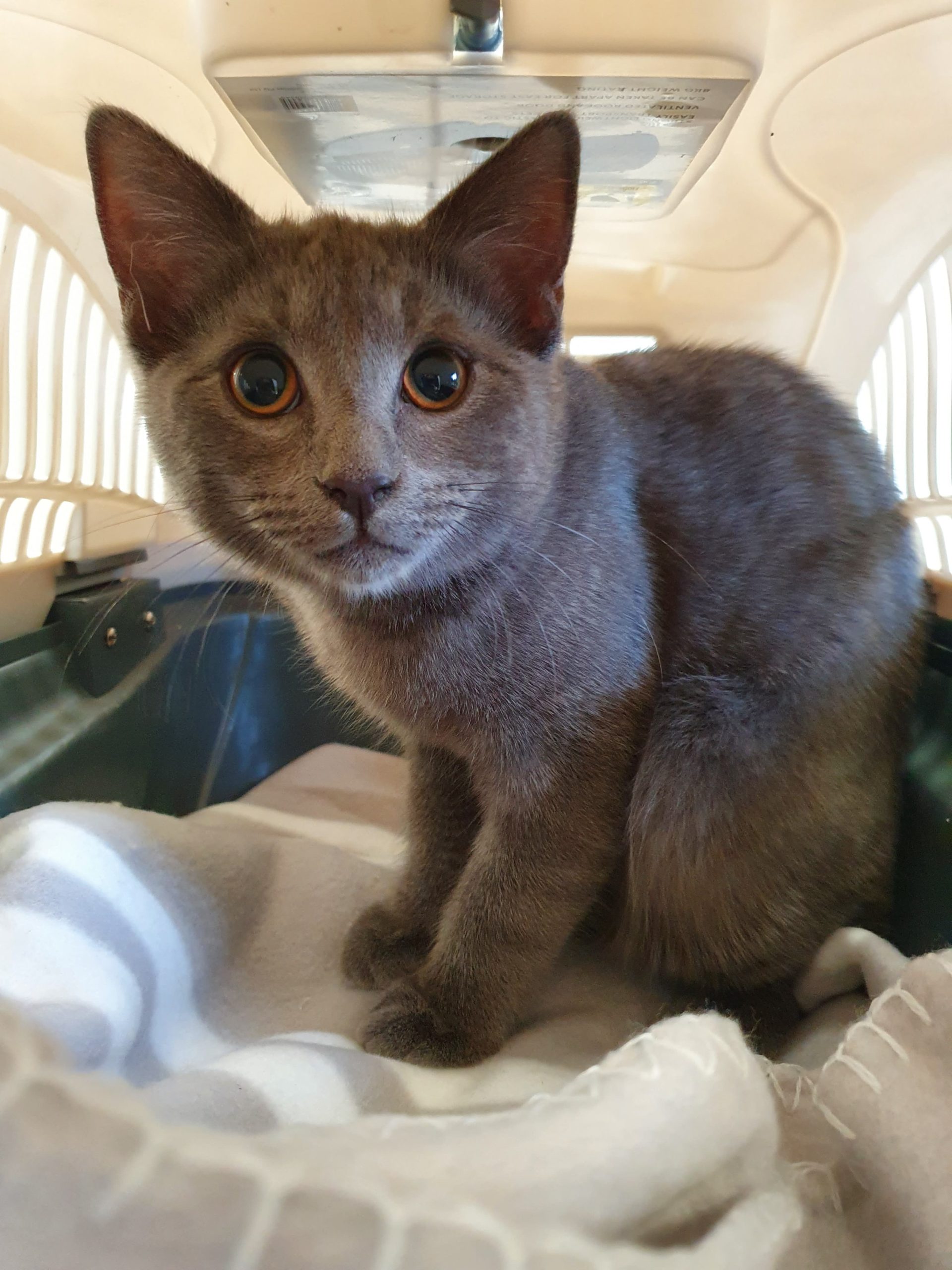
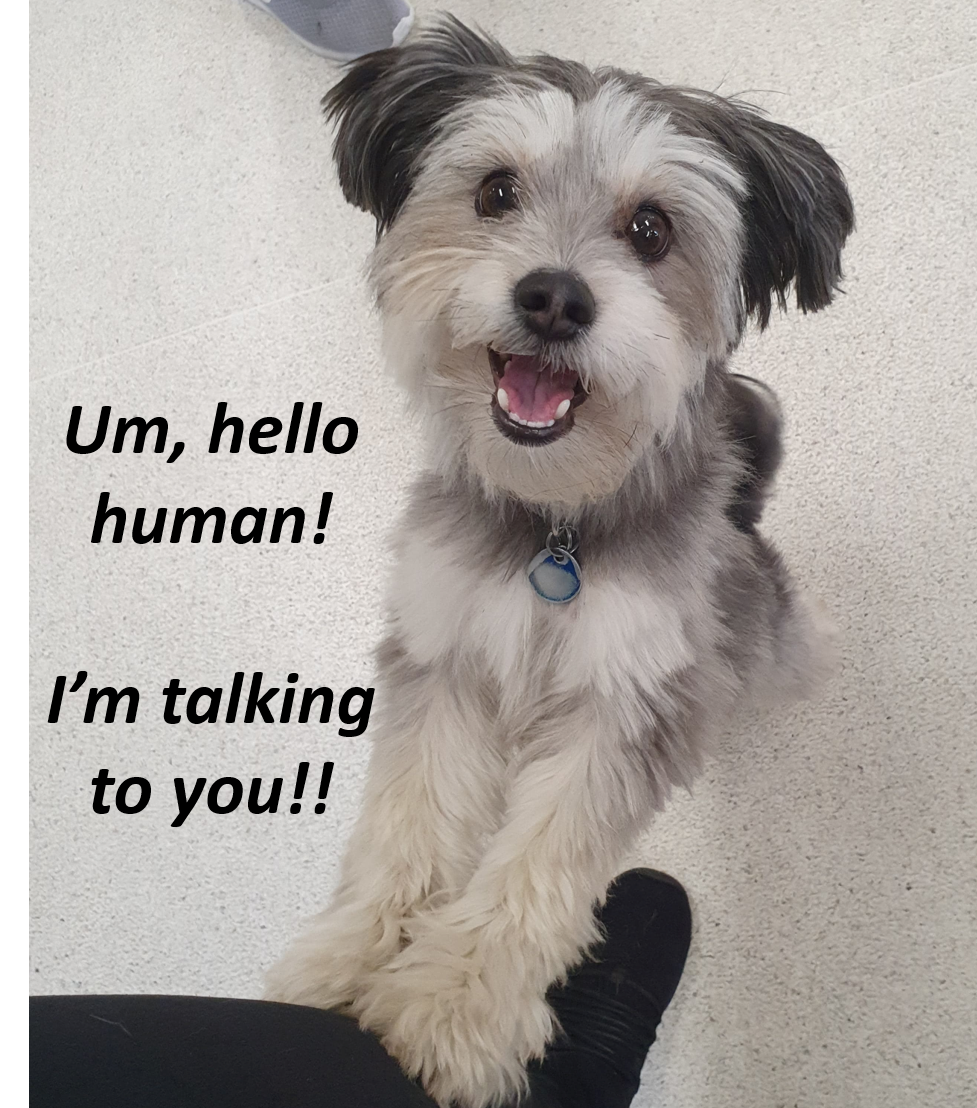 So many emotions, so many behaviours. If only they could speak to us right??
So many emotions, so many behaviours. If only they could speak to us right??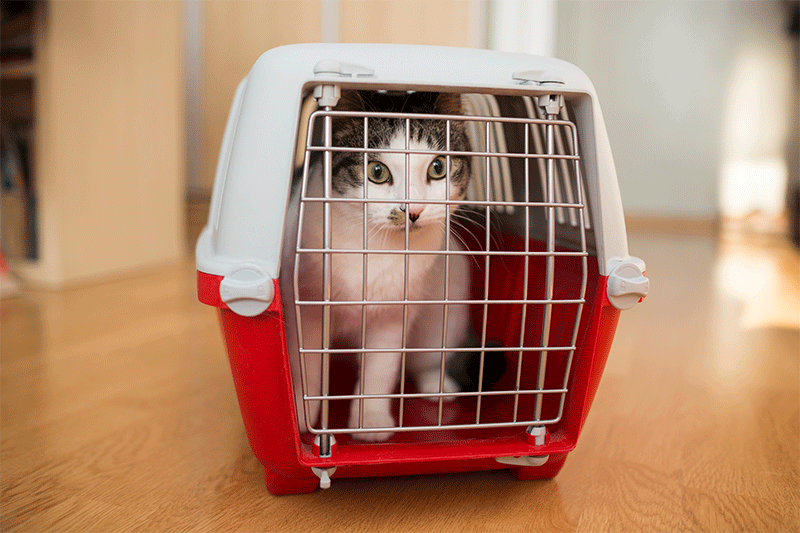 Did you know stress and anxiety in pets can be triggered when they first leave home?
Did you know stress and anxiety in pets can be triggered when they first leave home?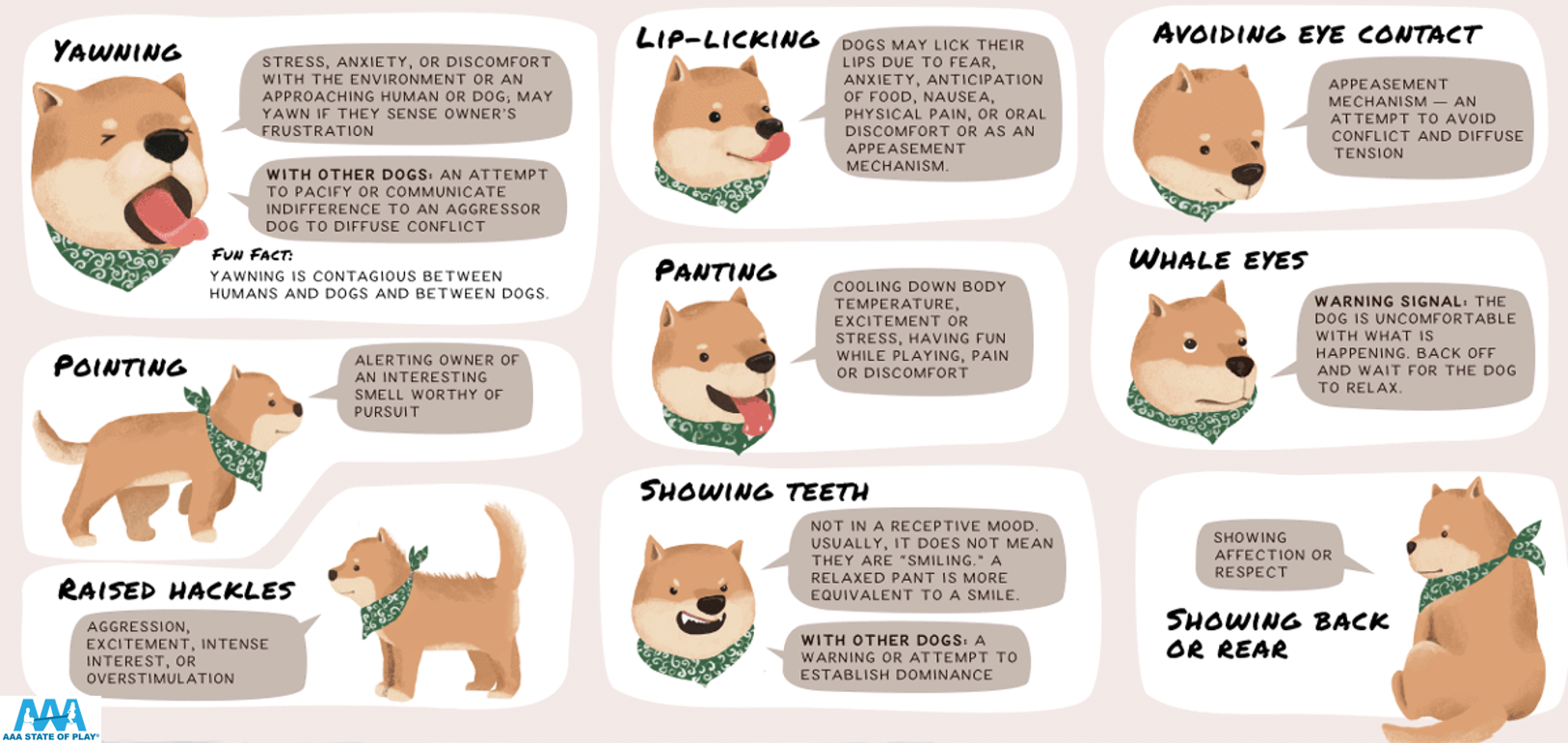
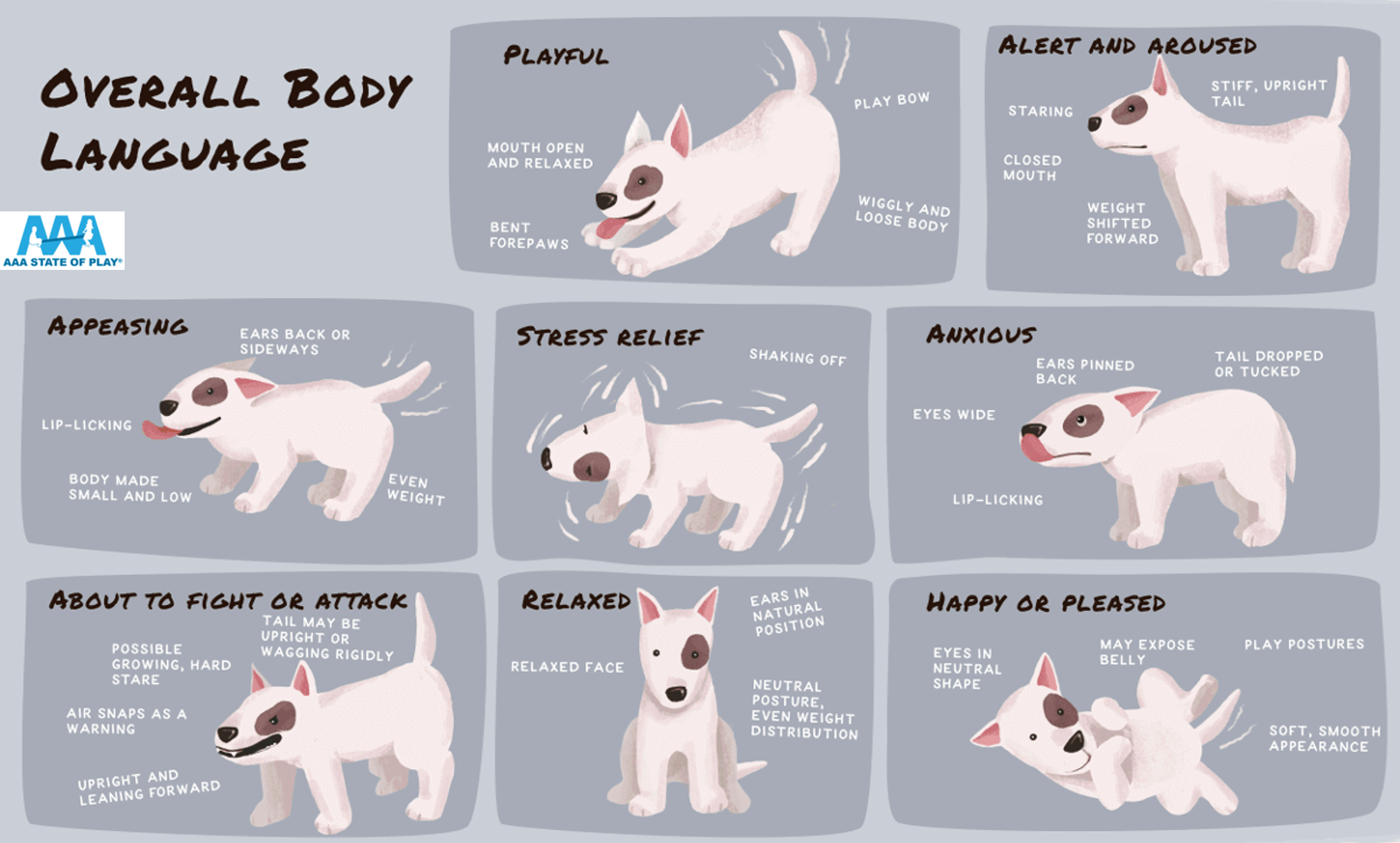
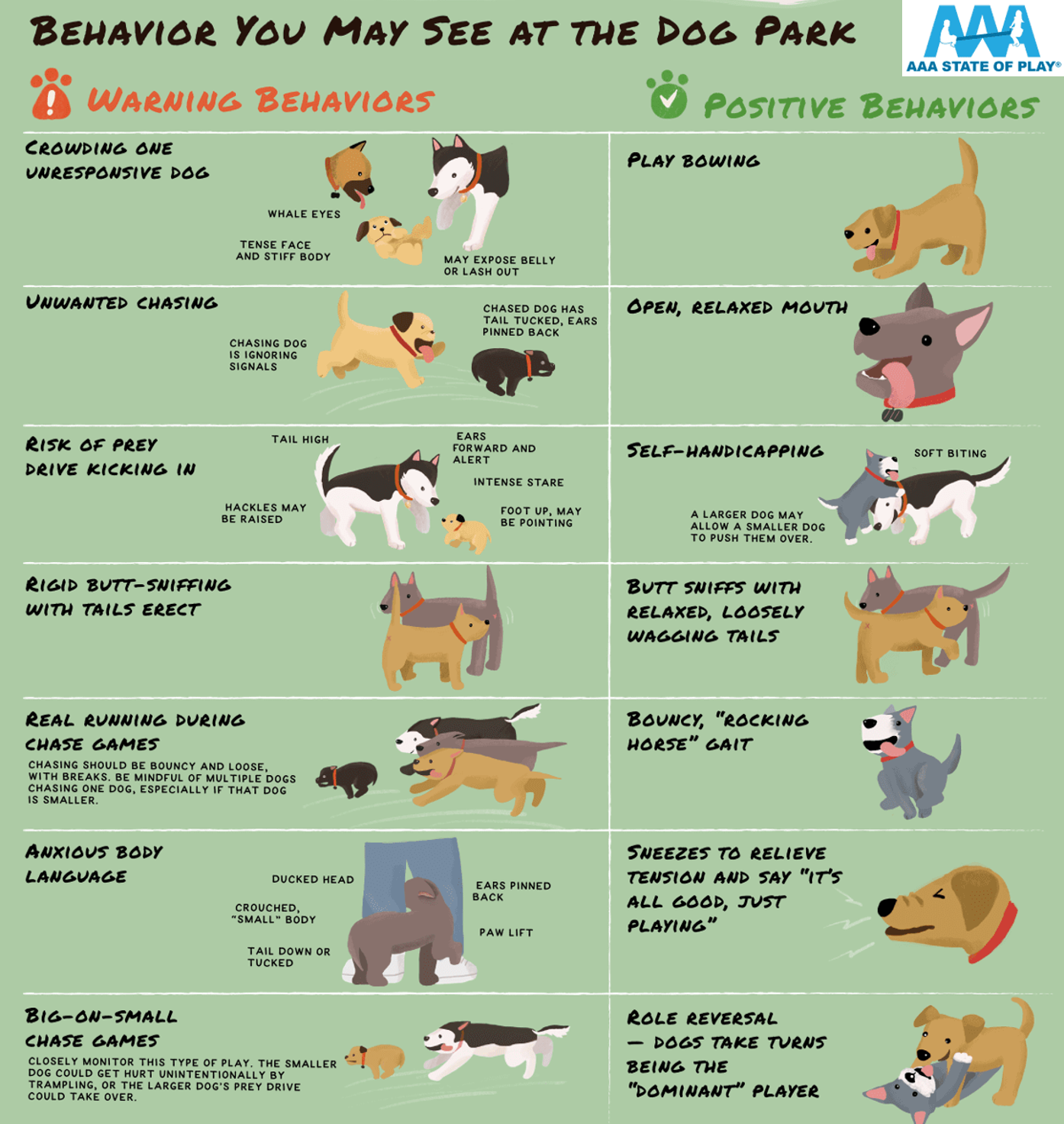
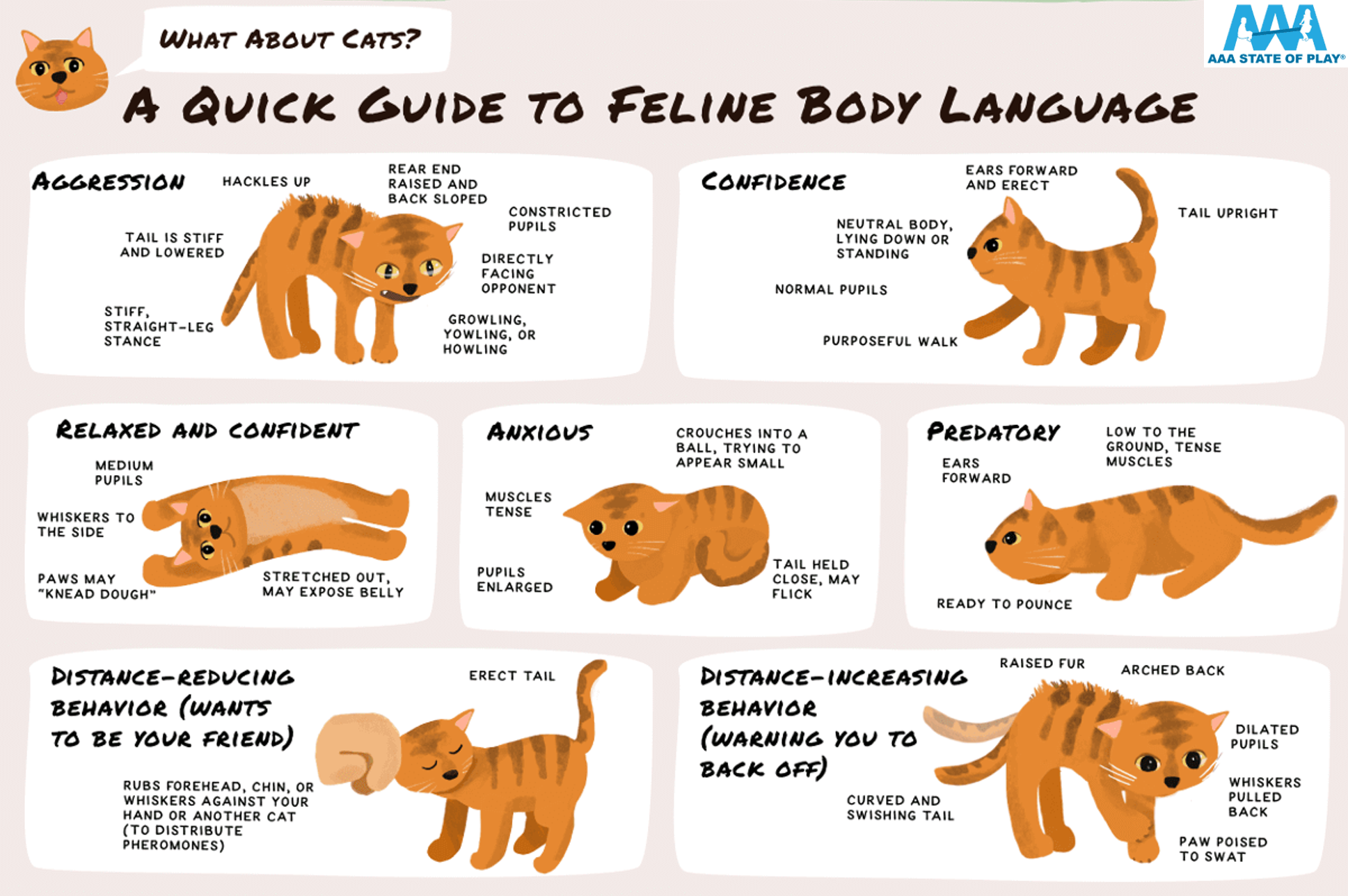
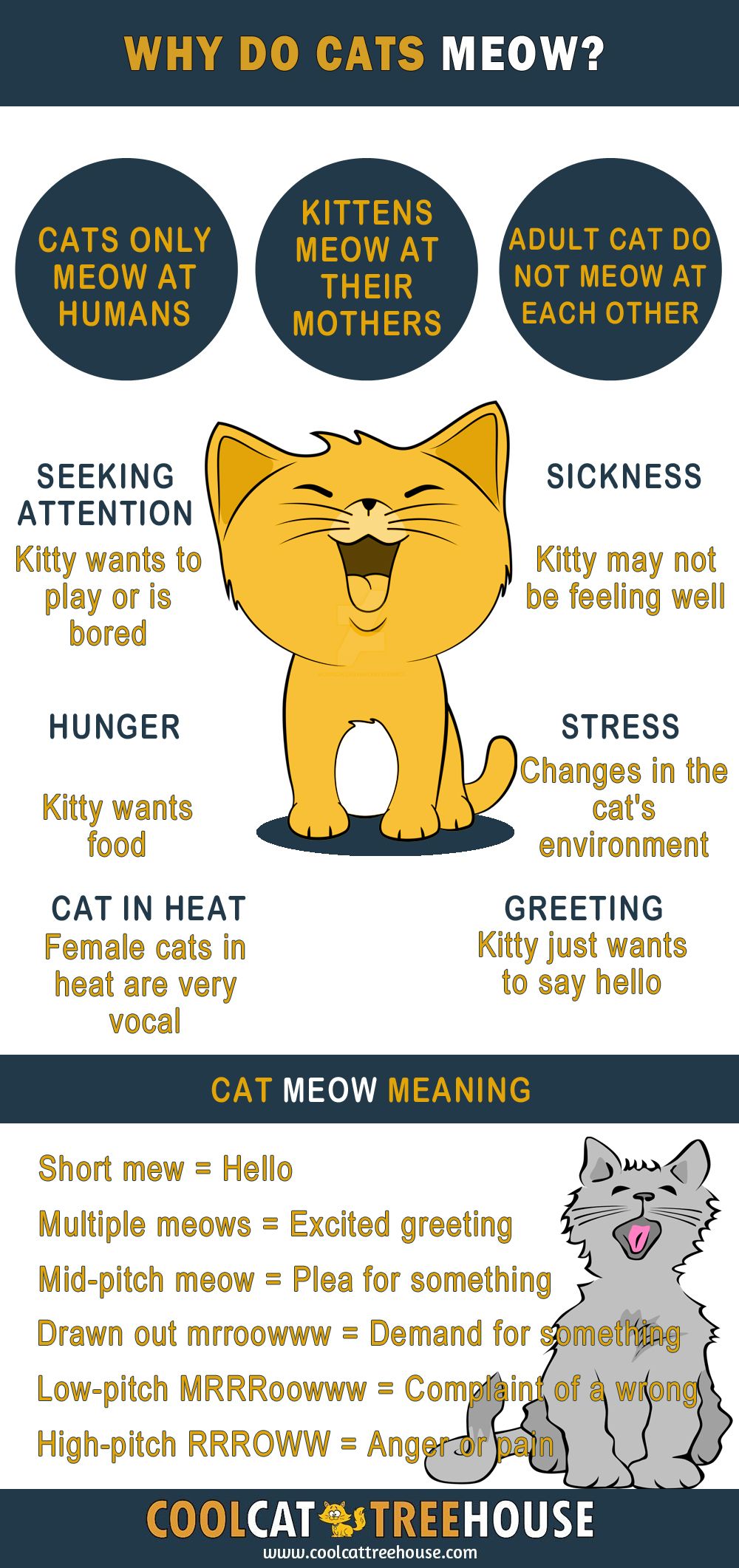
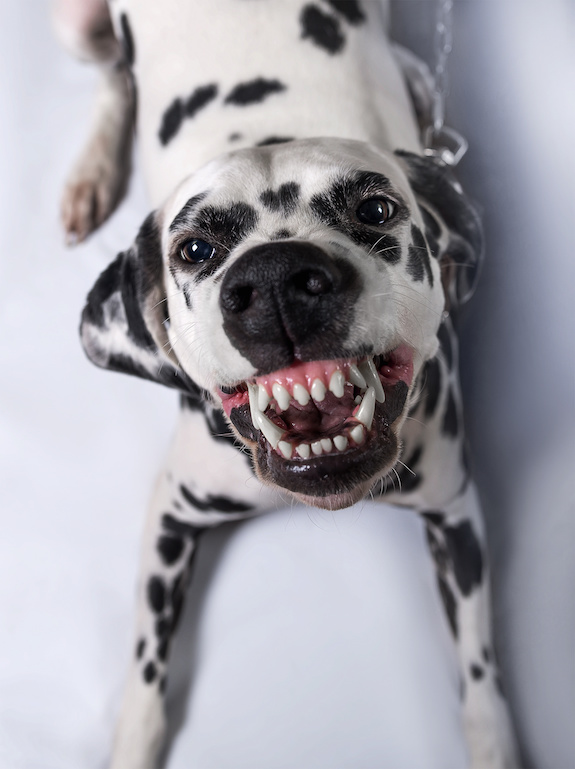 Did you know some breeds may have unique characteristics?
Did you know some breeds may have unique characteristics?
